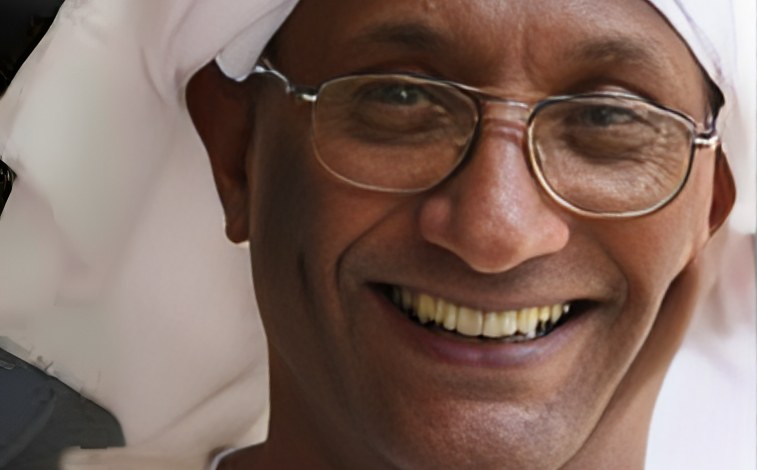Opinion
A Child in Grandma’s Museum: The Right to the City

By Abdullah Ali Ibrahim
(About two years ago, I had to hire a nurse to care for a family member while the rest of us were at work. It struck me then that we might have become Americanized without even realizing it. This led me to reflect on our relationship with the city—a space we inhabit with a mindset rooted in villages. Though we have become city dwellers, willingly or otherwise, as a society and as an elite, we have yet to fully confront this unsettling reality and its implications. Philosopher Henri Lefebvre called it “the right to the city.” While we inhabit this right, we often approach it with the memories and judgments of the village. This reflection is part of what I’ve written about this right.)
I hadn’t encountered anything as gracious as the words of Randa Al-Abid (then 14 years old, more than a decade ago) in our cultural literature for some time. Her words were published in Jusoor, a magazine dedicated to documenting the experiences of the first generation of British Sudanese, edited by my friend Khalida Abdel Hafiz.
Randa wrote an essay reflecting on her impressions of Sudan after a family vacation there. Two moments from her essay stood out to me.
The first was her description of her family’s celebratory reception upon her arrival. They slaughtered a sheep in her honor, presenting its internal organs as part of the feast. Horrified by the sight, Randa hid in the animal pen until the meal was over. When she returned, her family expressed their disappointment that she had missed a “truly special meal.” Despite her aversion to the bloody scene, Randa wrote with a generous spirit: “I was disgusted by the slaughtered sheep, but I remain grateful to my family for their kindness.” This is true civility: refraining from using one’s own ingrained customs as the ultimate standard, and resisting the temptation to label the unfamiliar practices of others as primitive or barbaric.
The second moment was her younger brother’s comment on their grandmother’s home. The little boy had spent the entire day exploring the house, running through its corners and proudly presenting his findings to their mother. When his mother called him to say goodbye to their grandmother, he responded, “Mom, this place is full of treasures. Let me stay in this museum!”
Indeed, grandmothers’ homes carry the charm of museums. This reminded me of my childhood visits to my maternal grandmother’s house in the village of Al-Borsa in Meroe district. To this day, I can vividly recall the rows of grain and dates stored in the dangah (a shaded veranda) at the back of the house. From my grandmother, I recorded folk literature that I’ll share another time. She had a fondness for a local candy called lakoum, which I used to bring her at my uncle’s house in Khartoum’s Mogran district.
The boy’s words about his grandmother’s museum stirred in me a long-held interest in the cultural role of grandmothers and the evolving challenges of old age in our time. My first writing on this topic appeared in Qatar’s Al-Doha magazine in the early 1980s, later reprinted in my books Abeer Al-Amkina and Bakht Al-Rida. In the latter, I highlighted Mahjoub Sharif’s efforts to reclaim the cultural role of grandmothers through his “Price of the Journey” project. This initiative brought storytelling by grandmothers to the neglected children of urban margins.
Dr. Abdul Rahim Bilal preceded me in recognizing Mahjoub’s achievements. In a seminar on the elderly and development, he used Mahjoub’s work to elaborate on the rights of the elderly in an increasingly urbanized and migrant society that grows more alienating by the day—or outright neglects them. Abdul Rahim began his poignant speech by sharing the story of a friend whose visits to his mother became so infrequent that she remarked, “You only visit us occasionally now—we might as well be a graveyard.”
The Americans have a saying about someone who is kind and honorable: “His heart is in the right place.” It is a privilege for people like me to have comrades across England, Halayeb Market, and the Goethe Institute (like Abdul Rahim), united by the enduring legacy of progressivism, lowering their wings in mercy—for the grandmothers.



